-
Amigos
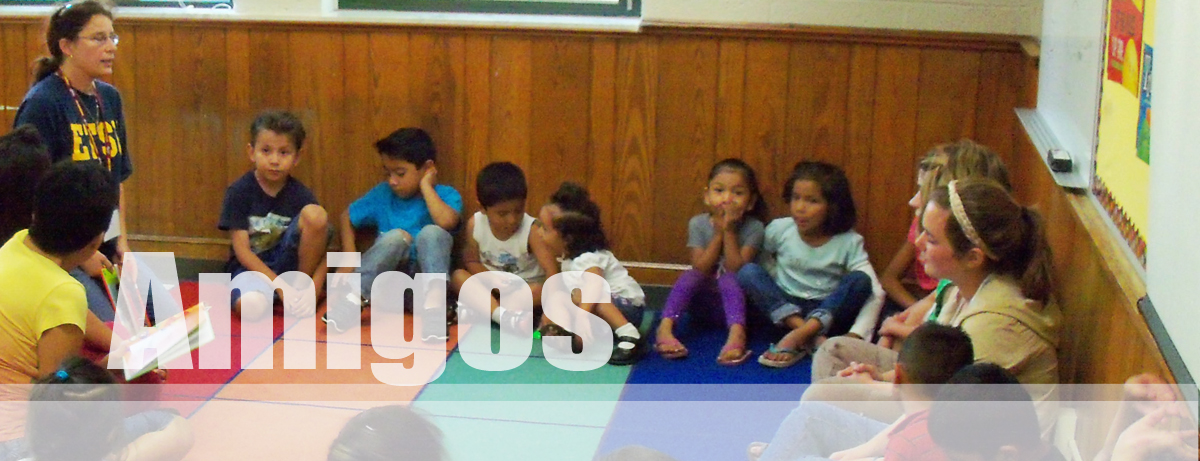
AMIGOS was a video program that provided young students an opportunity to learn the Spanish language and to be exposed to Spanish culture. AMIGOS included an entertaining video and a detailed curriculum that was developed for kindergarten, first, and second grade students.
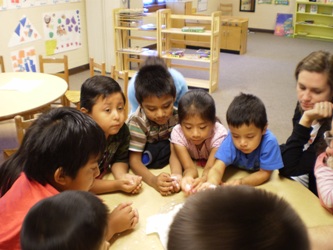
-
CME Seminar
East Tennessee State University’s Language and Culture Resource Center (LCRC) in collaboration with students from the Quillen College of Medicine (QCOM) proudly presented East Tennessee’s firstCME- approved (Continuing Medical Education) seminar on interpretation in the healthcare setting. In 2010, TAPIT member Jeannine De La Torre Ugarte spoke to a group of approximately 60
participants on Wednesday, April 14 from 6-8 pm in a presentation entitled “Translation and Interpreting in the Healthcare Setting: Overcoming Language Barriers to Provide the Highest Quality Care to All Patients.” The introduction and welcome address were presented by TAPIT co-founder, Marvyn Bacigalupo-Tipps.
The seminar was the culmination of a project which began in January 2010 as a way for QCOM students enrolled in the “Professions in Medicine” course to complete the service component of their class. These thirteen students, led by first-year student Jason Fogleman, were introduced to the various community service projects performed out of the LCRC during a Volunteer Fair for Community
Organizations in the Fall semester of 2009 at which LCRC member Raquel Fratta and ETSU
Americorps*VISTA Member Emily Goepel presented an information booth. Through a series of meetings and a presentation to QCOM students by Holly Melendez on the importance of proper healthcare interpretation, the idea for the seminar was born. QCOM students worked with the Office of Continuing Medical Education to secure 2 official CME credits for participants, as an enticement for the local healthcare community. They also worked to market the event, collect RSVPs , arrange the venue, and operate the presentation technology. "The turnout was a good one. “ The event exceeded my expectations in both the quality of the presentation and the number of excited attendees,” said Fogleman. “It gave us all an opportunity to learn more about the CME process and more importantly, the need and importance of professional interpretation in the healthcare setting.”
Ugarte spoke with the following objectives: that each of the program participants would (1) be able to state three reasons why language access is essential in healthcare, (2) learn how to identify a trained from an untrained interpreter, (3) be able to describe the process of telephone interpretation, and (3) learn how to implement cultural competence into their own practice(s). In addition to addressing the preceding objectives, Ugarte discussed interpreter training methods and evaluations, and encouraged discussion about interpretation in the healthcare setting. The audience of healthcare professionals, medical students, and bilingual professionals left with a much better understanding of the issues related to and the need for proper healthcare interpretation. According to Goepel, “As our community grows and becomes more diverse, it’s vital that our providers
be aware of how to use interpreters and translators to overcome language and cultural barriers. This seminar delivered information that will empower providers to better serve all members of the community, and that brings us a step closer to eliminating disparities in health care.”
Holly Melendez lives in Johnson City, TN with her husband and four children and has worked with the Hispanic community since she began as a student at East Tennessee State University (ETSU) in 1999. She has since worked in various capacities, including coordinating university and community grant-funded initiatives, teaching Spanish and English and translating and interpreting. She taught Spanish as an adjunct professor at ETSU (2003 - 2011) and coordinated the ETSU Migrant Education Program summer school for children (2009 and 2010). -
Family Ties
Family Ties

Several migrant farm worker families at a selected Telamon site in TN were recruited to test an intervention that fosters family connectedness. Verbal and visual interaction between migrant families in the US and family members in their homeland were encouraged to connect via scrapbooking and video letters. Family members created scrapbooks with photos chronicling family and children’s activities that were sent to the families in their homeland.
Through the use of a video camcorder with sharing capabilities,family members at a selected Telamon site in Tennessee recorded video letters to share feelings, activities, and family information in a visual format.A sociodemographic questionnaire was administered by oral interviews to participants in the US.
Focus groups among US participants were conducted pre and post intervention to identify stressors of separation and to capture the overall thoughts on the intervention and impact on improved communication and reduction of stress. The ultimate benefit was to promote health and wellness among the Hispanic migrant population in East TN and their families in Mexico.
Dr. Sharon Loury, College of Nursing, and Dr. Ardis Nelson were Co-PI’s working with LCRC staff members on this project.
-
GOAL Program
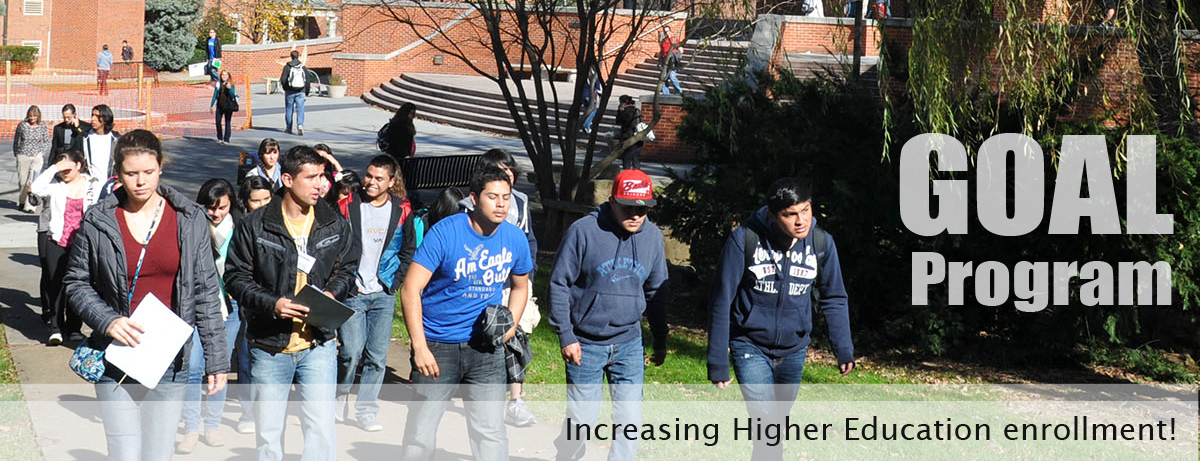
Greater Opportunities and Access for Latinos Program
The GOAL Mentoring Program took place in two local high schools: Science Hill High School and Unicoi County High School. This program gave Hispanic students the opportunity to meet one-on-one with a mentor where they discussed and explored their options for continuing their education.The students then were given helpful resources for finding scholarships, career information, and information about colleges. Mentors answered any questions that the students had about college. The ultimate goal of the program was to increase enrollment of these diverse students in Tennessee institutions of higher education.
-
Storytown Events at the McKinney Center
Past Events at Storytown at the McKinney Center
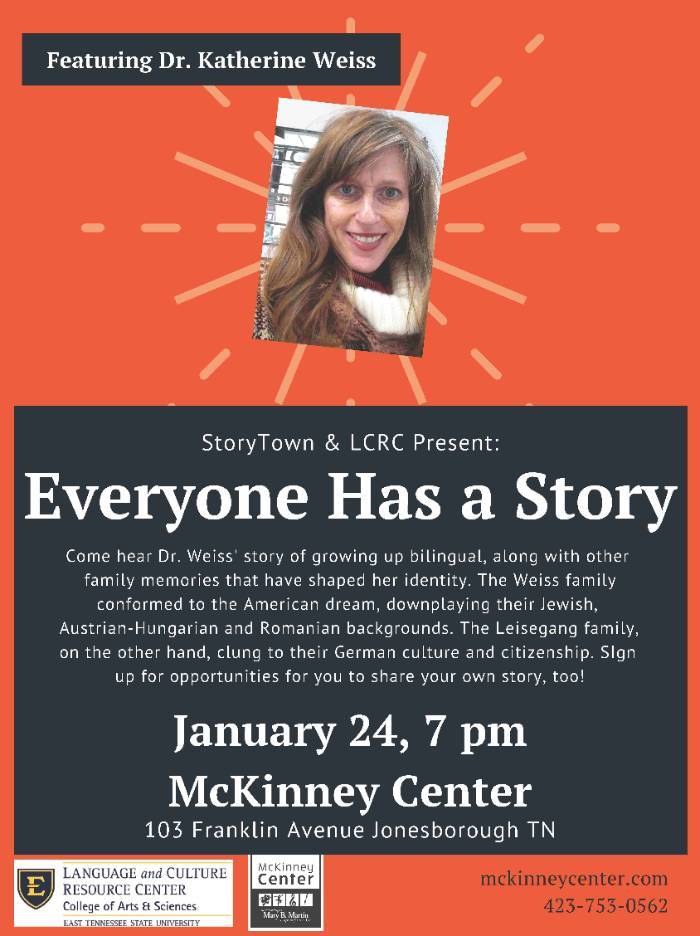
-
XCELL Mentoring Program
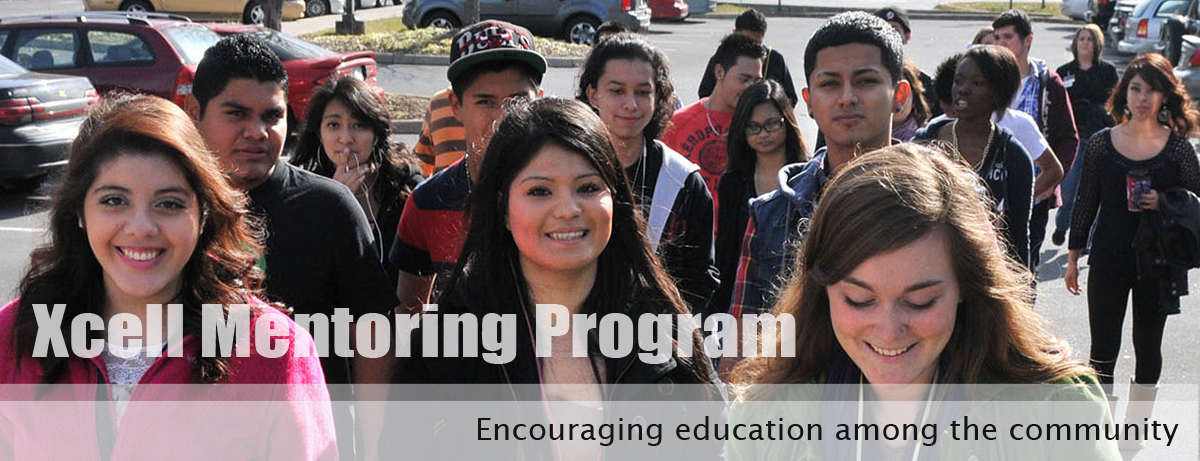
XCELL (Expanding College Access to English Language Learners) Mentor Program served regional high schools by providing information about higher education. We believe that all English language learners and Hispanic students can positively impact our communities. The XCELL staff met with a big group of students with the hope of having individual meetings afterward. The staff provided useful information on options after high school, how to pick a college, how to apply and pay for colleges and universities, and more.
 Stout Drive Road Closure
Stout Drive Road Closure